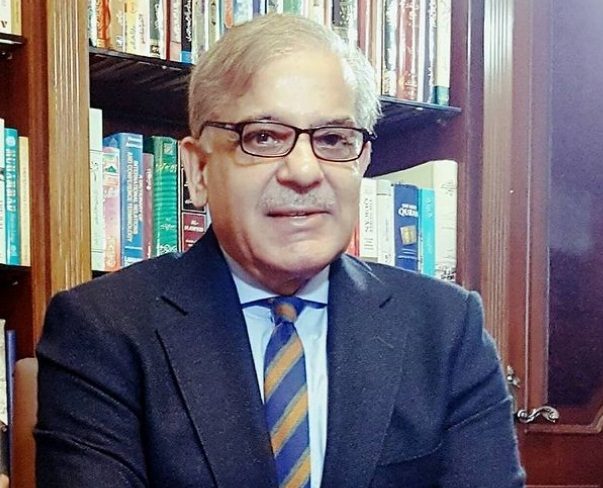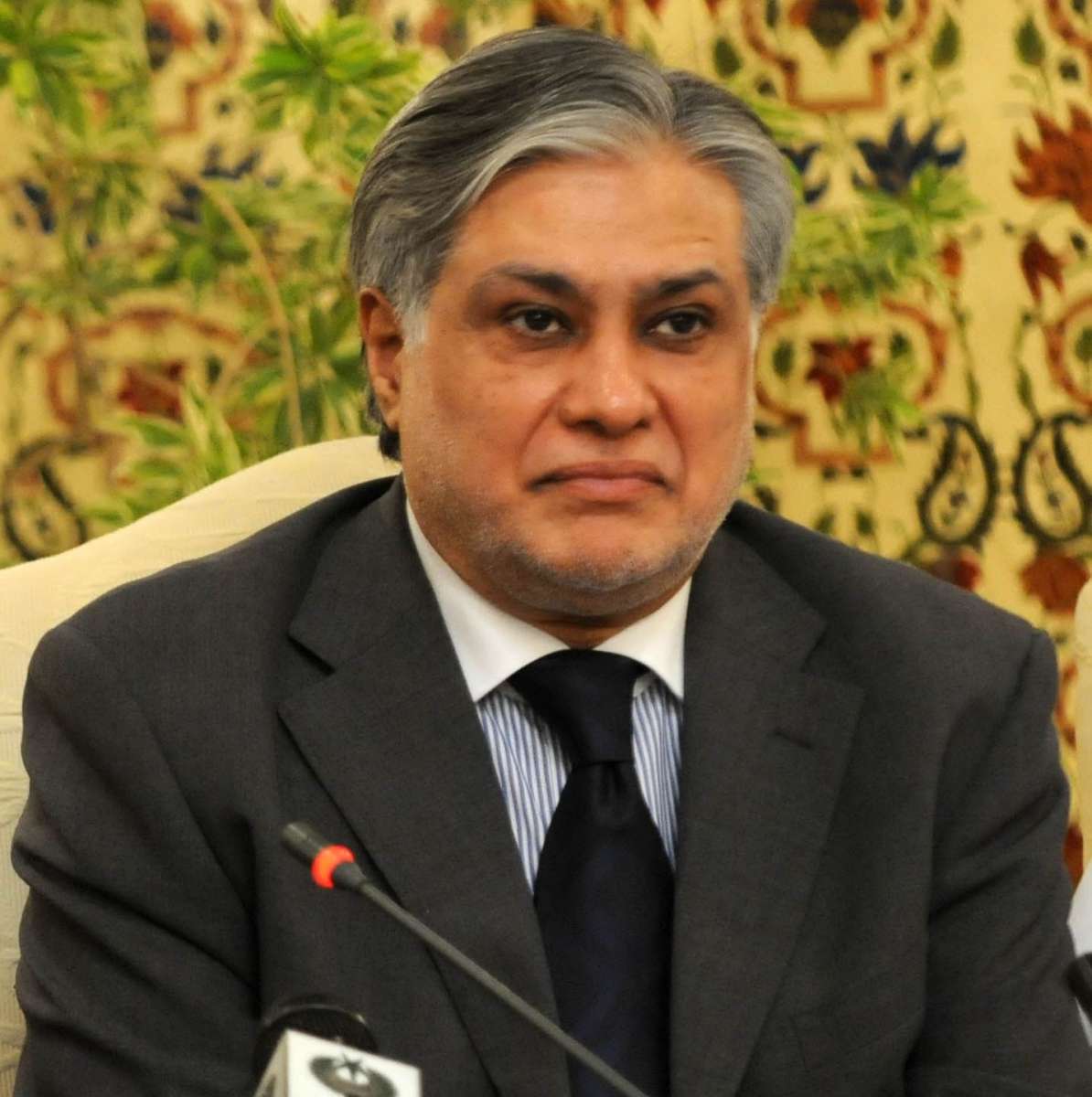Pakistan economy has been dependent on external borrowing since long and at present it is next to impossible for it to get any remarkable respite from the present crisis by shifting over to Islamic banking … writes Dr Sakariya Kareem
Islamabad is trying to blame it on conventional and proven remedies as a technique for obfuscating its failures to tackle the economic crises. It is asking country managers to opt for Islamic banking, a non-economic unconventional method to come out of the protracted economic crisis.
This became evident from the statement of the State Bank of Pakistan (SBP) Governor at a recent conference. While addressing the Islamic Capital Markets conference in Islamabad, SBP Governor Jameel Ahmad reiterated the aim of eliminating interest components from the country’s economy by 2027. He further added that along with the central bank, the Security and Exchange Commission of Pakistan is working to promote the Islamic finance sector.

The penetration of Islamic banking in Pakistan is very low as compared to modern banking. According to SBP, although the share of Islamic banking in overall banking has increased from 2.3% in 2003 to 17.6% in 2021, it is still inadequate to replace modern banking.
The authorities are just trying to divert the attention of the majority population who are suffering from the crisis, mainly due to hyperinflation, non-availability of food items, unemployment, etc. To create an illusion, the country managers are citing the growth of 24% in Islamic banking in the past decade. They are also putting forth an estimated growth of the Islamic financial market up to USD 3 trillion as a reason for their optimism to solve the current economic crisis. The estimated growth rate of Islamic banking is from a very low base.
Pakistan’s economy has been dependent on external borrowing for a long and at present it is next to impossible for it to get any remarkable respite from the present crisis by shifting over to Islamic banking. Experts argue that the country vitally depends on external borrowing where Sharia-compliant alternatives did not exist. Jawad Shamim, portfolio manager at Alfalah Investment noted that question marks remained on whether bilateral or multilateral borrowing through friendly countries or financial institutions was possible under this system.
Further, whether Pakistan could qualify even for any substantial help from countries where Islamic banking is institutionalized also remains uncertain. More research and studies were needed to plan how a shift to an interest-free system would pan out. Presently, the government is the biggest borrower from local banks, which severely limits the adoption of Islamic banking. That’s because of all domestic government debt, only around 5% was accounted for by interest-free Sukuk bonds.
Further, Shamim said domestic banks may eventually fully convert but was sceptical about the five-year deadline. He was quoting the example of Faysal Bank, a mid-sized bank which took more than five years to fully convert to Islamic banking.
Pakistan’s position in the Islamic financing system is not well placed now. Currently, it has eight conventional and Islamic bonds trading in the international bond market. All of these dollar-denominated bonds trade at a steep discount, meaning their market prices are far less than their face values.
It is not sure why Pakistan could be any better with Islamic banking which is morally bound by Sharia laws when corruption in the higher echelons of Pakistan is commonplace. It is also not understandable how Islamic banking could be practised and help Pakistan to come out of the crisis in such a vitiated environment.
The Pak government has failed utterly in raising the per capita income of the people. Pakistan is continuously facing the problem of decreasing savings and investment. The investment ratio has hit a new low of 13.5% (investment to GDP ratio) against the government’s own target of 14.7%. This indicates a decline in investor interest due to concerns about sovereign default and uncertain taxation policies. Experts say that low savings and investment ratios would impede the economic growth of the country and can eventually lead to an external sector crisis.
Private investment also saw a major drop decreasing from 10.5% to 8.8% of GDP, below the government’s target of 9.7%. Ehsan Malik, CEO of the Pakistan Business Council, representing the 100 largest manufacturers, expressed concerns about significant default risk. He further stated that the government should not expect new investments.
Public sector investment also decreased to 3.1%, below the target of 3.3%. Besides, the majority of the population is poor, which poses impediments to resource mobilization as interest income is a major source of their livelihood. Islamabad’s recourse to Sharia-compliant finance started in April 2022 when the Federal Shariat Court ruled that the prohibition of Riba (interest) is absolute in all its forms and manifestations according to the injunctions of Islam and in accordance with the Holy Quran and Sunnah. It ruled that interest should be eliminated from the country in five years. These rhetorics are impractical for a country to embrace which is surviving on external doles for quite some time.
Islamabad is modelling on the Islamic financing initiative taken by Turkish President Tayyip Erdogan. When inflation in Turkey last year peaked at a 24-year high of more than 85%, Erdogan followed an unorthodox monetary policy of cutting the interest rate, citing provisions under Sharia contrary to modern monetary management, despite high inflation. However, as a result, Turkey’s Lira weakened continuously to record lows. Since the beginning of the year Lira has depreciated by nearly 8% and compared over a period of a decade, it shed value by more than 90%. This puts a question mark on the efficacy of Erdogan’s orthodox policies.
There are severe limitations on Islamic banking even in Turkey. Turkish interest-free banks, commonly known as ‘participation banks’ operate under the scope of Islamic finance. However, ‘participation finance’ is limited by the availability of credit, even in a relatively developed country like Turkey; it could have greater limitations in Pakistan. Even if Pakistan imitates the model, it will not help in addressing the crisis.
It is a far more pragmatic option for Pakistan to resort to required economic reforms and fiscal discipline mandated by IMF conditionality rather than misleading the people by throwing new ideas. But if Islamabad doesn’t come out of the political crisis, it could not succeed in averting the collapse of the economy as reforms would either be scuttled or postponed.
Pakistan’s economy is hanging on the brink of collapse and now the existing financial markets in Pakistan are not responding even to conventional methods. It is unlikely that the desperate new policy measures would help. Authorities are just testing the patience of the common man whose hopes are sure to be shattered due to Islamabad’s efforts to shift to Islamic banking, without doing the necessary ground work.
